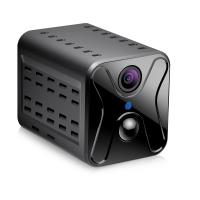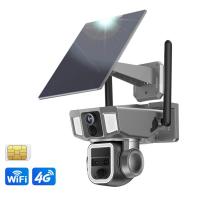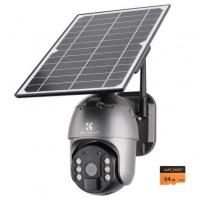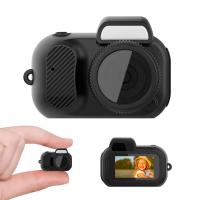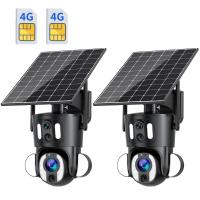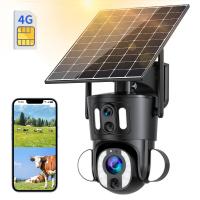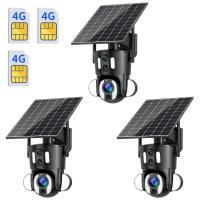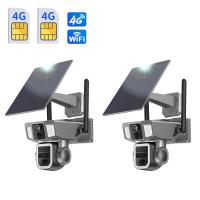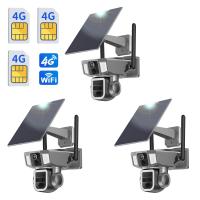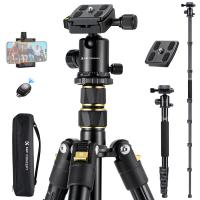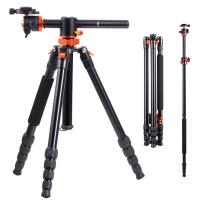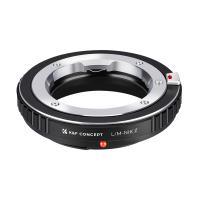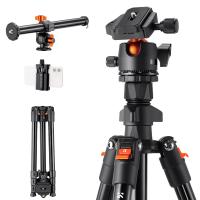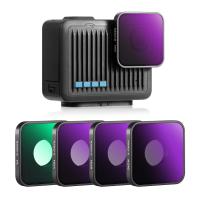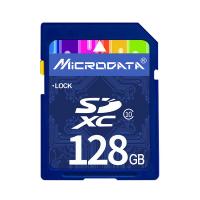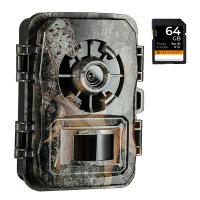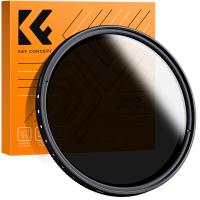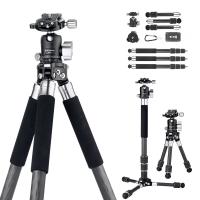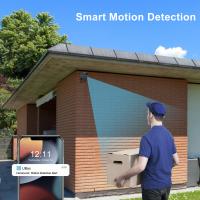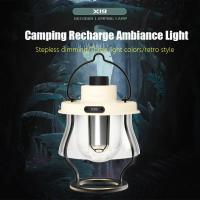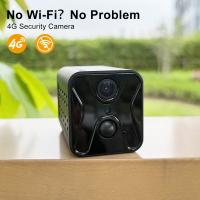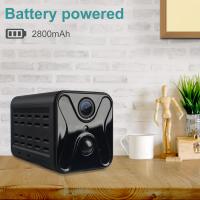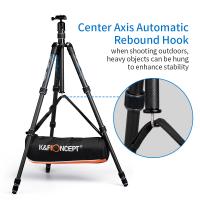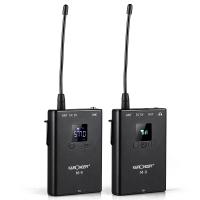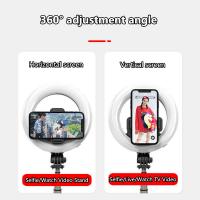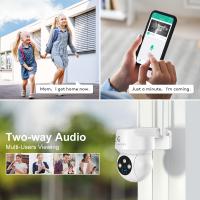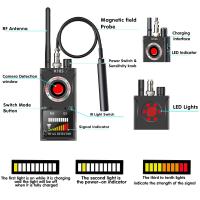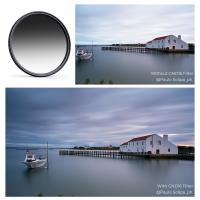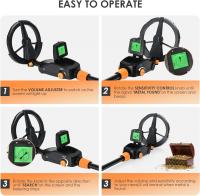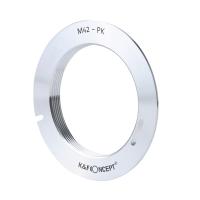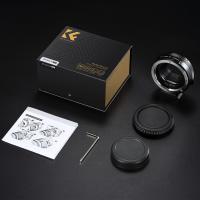Are Battery Operated Security Cameras Good?
In recent years, battery-operated security cameras have surged in popularity for home and business security systems. As consumers seek to upgrade their surveillance with wireless and convenient solutions, the market has responded with a wide range of options. While battery-operated cameras are undoubtedly an appealing choice for many, some homeowners remain uncertain whether these devices are the best fit for their needs. This article will help you determine whether these cameras are suitable by dissecting their advantages, potential limitations, and best-use scenarios.
What Are Battery-Operated Security Cameras?
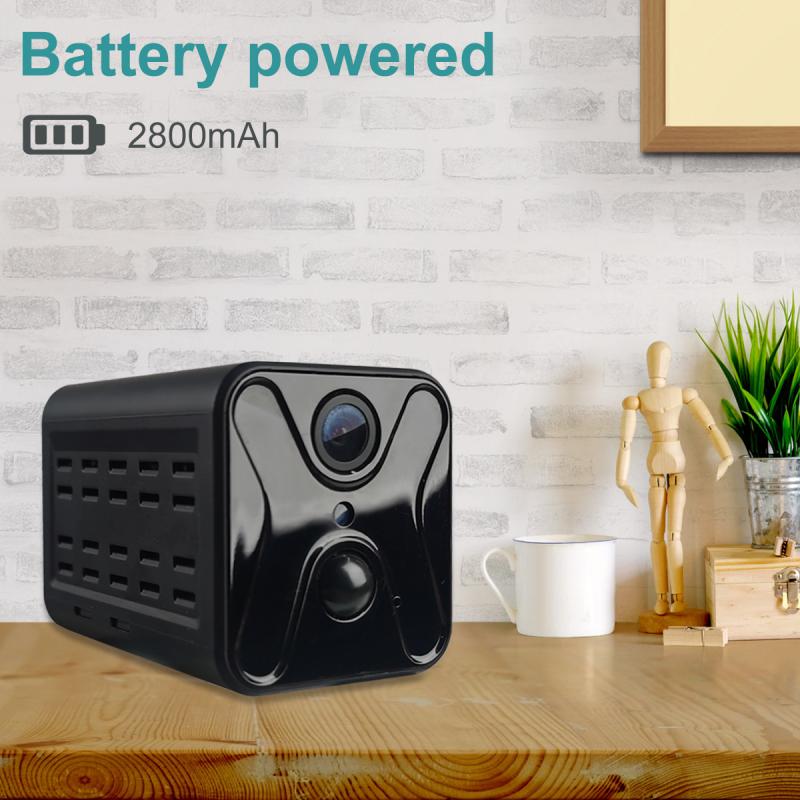
Battery-operated security cameras are wireless surveillance devices powered by rechargeable or disposable batteries instead of a direct power supply. Unlike traditional wired or plug-in cameras, they do not require a physical connection to an electrical outlet. This freedom makes them a versatile choice for installation in locations where wiring might be impractical or unsightly.
Battery-powered cameras utilize advanced technology to maximize battery life. Many now incorporate motion detection, energy-saving protocols, and cloud or local storage integration, enabling them to provide reliable coverage even in challenging environments.
Advantages of Battery-Operated Security Cameras
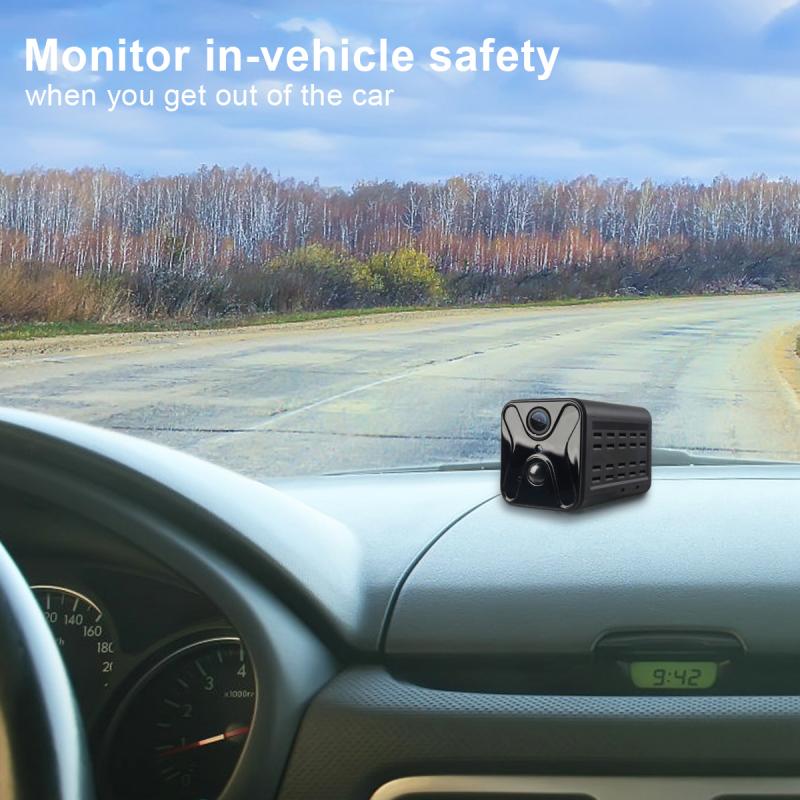
1. Wireless Freedom
One of the standout benefits of battery-operated security cameras is their untethered nature. They do not rely on an outlet or a physical connection to power. This makes them extremely flexible for installation in any location, such as tree-mounted cameras to monitor outdoor yards, fences, or driveways, where wiring a power source may be untenable.
This wireless flexibility also simplifies the installation process for those who want a DIY setup. There’s no need to drill holes for wires or run cables through walls, which is particularly advantageous for renters who may not be allowed to alter their property.
2. Ease of Installation
Most battery-operated security cameras are user-friendly and can be installed in minutes. They often come with app-based instructions that guide users step by step, eliminating the need for professional help. By contrast, traditional wired systems require significant time, effort, and technical knowledge to set up—often necessitating professional services.
3. Portability
Because battery-operated cameras are not tied to a specific location, you can easily move them from one spot to another. For example, if you remodel your home or want to monitor a specific area temporarily, such as during a home improvement project, you can reposition the cameras as needed.
4. Great for Areas Without Electrical Access
One of the most significant advantages is their usability in places without access to electricity. Battery-operated cameras are great for remote locations like barns, vacation homes, or construction sites. As long as there’s a Wi-Fi or cellular connection, these cameras can be employed practically anywhere.
5. Advanced Features
Many battery-powered cameras come equipped with sophisticated technology, including:
- Night vision for 24/7 monitoring
- High-definition video recording
- Smart alerts with motion detection and facial recognition
- Integration with home ecosystems, such as Amazon Alexa or Google Home
- Cloud storage or local SD card support for recorded footage
These features make battery-operated security cameras comparable to their wired counterparts in terms of capability.
---
Limitations of Battery-Operated Security Cameras

While they provide impressive convenience, battery-operated cameras also have limitations that may not make them the perfect fit for every user.
1. Battery Life and Maintenance
Battery life is one of the primary drawbacks of these devices. While manufacturers are continuously improving battery efficiency, most cameras require periodic recharging or battery replacement. Depending on factors like motion detection frequency and camera resolution, you may need to recharge batteries every few weeks or every few months.
For some users, this ongoing maintenance can be inconvenient, particularly for cameras installed in hard-to-reach places, such as high walls or rooftops. If batteries run out at the wrong time, such as during a break-in, it could compromise your security.
Users can mitigate this limitation by investing in cameras with long battery life or finding models with solar panels for continuous power.
2. Reliance on Wireless Connections
Since these cameras are typically wireless, they depend on a strong Wi-Fi or cellular network connection to transmit footage. If your Wi-Fi goes down or the camera cannot maintain a stable connection, you may lose access to live feeds or alerts.
This becomes particularly problematic in areas with spotty internet coverage or bandwidth-intensive homes where several devices compete for network resources.
3. Higher Initial Cost
Battery-operated cameras, especially those from reputable brands, often have higher upfront costs compared to some entry-level plug-in models. While this price typically reflects added features and wireless convenience, budget-conscious buyers may find it challenging to justify the expense.
4. Limited Continuous Recording
Many wireless, battery-powered cameras operate on motion detection to conserve energy rather than recording continuously. This means that they only start recording when activity is detected, which could potentially lead to missed footage.
For users who prefer or require 24/7 continuous video recording, traditional wired cameras that can draw constant power might be more suitable.
5. Weather Resistance Challenges
Outdoor battery-operated cameras must be weather-resistant to withstand rain, snow, and extreme temperatures. Some models fail to perform adequately in harsh weather conditions or experience battery issues when exposed to cold temperatures.
---
Who Are Battery-Operated Cameras Best For?

Given their unique characteristics, battery-operated security cameras are ideal for:
- Renters: These cameras don’t require permanent modifications to the property, making them a renter-friendly option.
- Homeowners in Remote Areas: Locations without readily available power outlets greatly benefit from wireless camera designs.
- Short-Term Use Cases: If you need temporary surveillance (e.g., for events, construction projects, or vacation homes), portable cameras are an excellent option.
- DIY Enthusiasts: Their easy installation process appeals to those who want to avoid professional services and costs.
- Backup Coverage: Users with existing wired camera systems can deploy battery-operated cameras as supplementary surveillance during power outages or in hard-to-reach locations.
---
How to Maximize the Benefits of Battery-Powered Security Cameras
To get the most out of these security systems, consider the following tips:
1. Opt for Long Battery Life Models
Choose cameras with a robust battery life, ideally those that last several months on a single charge. Features like motion-activated recording or sleep modes can also extend battery life.
2. Invest in Solar Panels
For outdoor installations, pair the camera with a compatible solar panel to ensure continuous charging. This significantly reduces the need for manual recharges while maintaining consistent surveillance.
3. Test Connectivity
Before finalizing the camera’s location, test the Wi-Fi signal strength in the intended area. Use Wi-Fi range extenders or mesh systems to improve coverage if needed.
4. Choose Models with Smart Integrations
Many battery-operated cameras now support integrations with smart home systems. Consider models that work with platforms like Apple HomeKit, Google Home, or Amazon Alexa. This allows you to control and monitor your cameras alongside other smart devices easily.
5. Monitor Battery Status
Stay proactive by regularly checking battery levels through the accompanying apps. Enable push notifications to alert you when the battery is low. Proper maintenance ensures uninterrupted security coverage.
---
Final Thoughts: Are Battery-Operated Security Cameras Good?
Battery-operated security cameras are a fantastic option for users who prioritize flexibility, easy installation, and wireless connectivity. They grant freedom of placement and can often match the feature set of their wired counterparts. However, their suitability largely depends on your specific needs, particularly regarding battery life, internet reliability, and desired video recording capabilities.
Ultimately, for users who value convenience and portability, these cameras are a worthy investment. By carefully weighing the advantages and limitations, you can make an informed decision to enhance your home or business security effectively.

